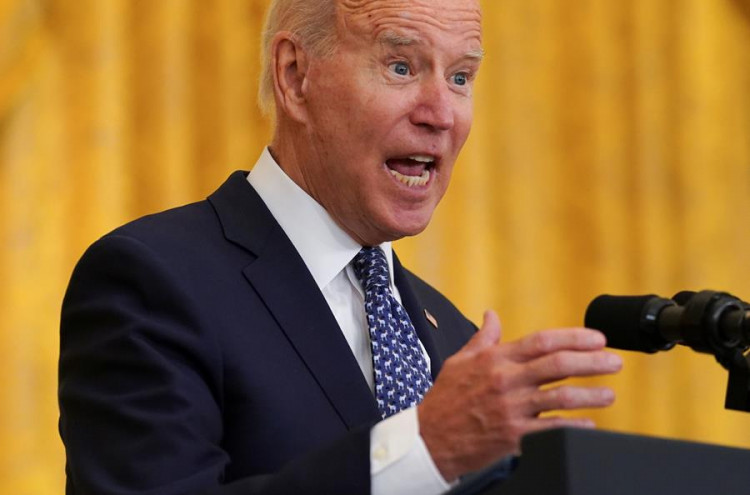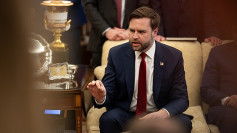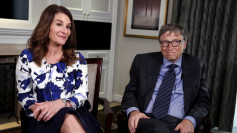President Joe Biden launched a crackdown on so-called junk fees, including new measures that effectively forbid banks from charging depositor costs for returned checks and unexpected overdraft fees.
The Consumer Financial Protection Bureau (CFPB) has announced efforts to make it illegal for banks to charge depositor fees and unexpected overdraft costs when a check bounces.
Thirteen days before the midterm elections, his address unveiling the new initiatives also emphasized his administration's efforts to provide American consumers more "breathing room" relief, as the economy and inflation continue to be top issues for voters.
"Today, my administration is announcing new actions to lower the costs of everyday living for American families, to put more money in the pockets of the middle-income and working-class Americans, to hold big corporations accountable," Biden said. He draws attention to "unfair hidden fees" that consumers encounter while switching cable and internet subscriptions, such as overdraft penalties, unstated hotel booking fees, and termination fees.
The new measures to minimize junk fees, according to Biden, would "immediately start saving Americans collectively billions of dollars in unfair fees," and he has instructed his department to "reduce or eliminate" other trash fees. The Consumer Financial Protection Bureau is specifically releasing new recommendations that state tactics like depositor fees and sudden overdraft fees "are likely unfair and unlawful under existing law."
In recent months, these ambiguous fees have started to appear on invoices across the service sector. To help ease "macroeconomic" stresses, Romano's Macaroni Grill instituted a $2 premium at all of its locations across the nation. In order to "ensure livable, competitive compensation for all staff," Ca Va, a champagne bar in Kansas City, Missouri, charges a 20% hospitality fee on all tabs. In Minnesota, Ally Restaurants, a chain of two restaurants and a food truck, also levies a 3% "wellness fee" that goes toward making up benefits for employees.
From the viewpoint of a restaurateur, the difficulties are beginning to mount. Food prices are one of the main causes of inflation, which reached 8.2% in September.
According to Brian Deese, Neale Mahoney, and Tim Wu of the National Economic Council, the White House defines junk fees as those that are "designed either to confuse or deceive consumers or to take advantage of lock-in or other forms of situational market power," falling into four categories: mandatory fees that frequently conceal the full price, surprise fees that customers discover after making a purchase, exploitative or predatory fees, and fraudulent fees.
The President's meeting with the White House Competition Council last month focused heavily on addressing hidden costs.






